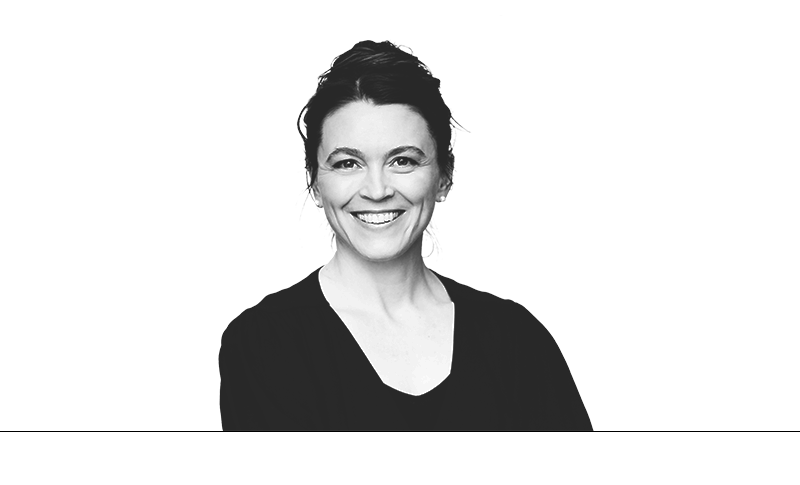Column by Lisa Becking
Diversity was colourfully celebrated in recent weeks with the International Biodiversity Day, the Day against Homophobia & Transphobia and the Eurovision Song Contest! Within all this diverse festivity, I would like to reflect on the invertebrates.
Ask anybody to draw an animal and generally you’ll get a species with a spine. Statistically, that’s quite strange, given that vertebrates only represent about 2 per cent of the animal kingdom. Most of the 2-3 million described animal species are actually invertebrates such as spiders, insects, worms, shrimp, crabs, snails, mussels, sponges, corals and sea anemones. The invertebrates are also dominant in terms of biomass.
The spineless animals are ignored or abhorred
Yet humans, as vertebrates, have an unconscious preference for other vertebrates. We do more research on them and we prefer to take selfies with large vertebrates in nature. The spineless animals are ignored or abhorred, while these ‘uncharismatic’ species are also crucial to the functioning of our ecosystems. Invertebrates have different solutions for survival than vertebrates and react differently to disturbances. How can we derive general principles and establish effective biodiversity conservation strategies when so many species are ignored?
A broader popular knowledge of invertebrates is important for choices in nature policy. And maybe even beyond. I sometimes wonder if people would be more open-minded if the true spectrum of gender fluidity and reproduction in the animal kingdom were common knowledge. If we also heard stories about sponges that are simultaneously both mothers and fathers. At least 10,000 animal species are hermaphrodites. Enough to be called ‘normal’. Or if you want to stick to vertebrates, let kids know that the clownfish Nemo starts out as a man, then becomes a woman and can become a man again. Now I don’t intend to draw a simple line from sponge to human. This is about becoming aware of the beautiful diversity of life forms, in order to create a kind of openness. Biology classes on the transitioning of Nemo and the sex life of sponges, followed by social science classes discussing diversity and inclusion. Just a thought. For now, douze points to the Icelanders for supporting the invertebrate cause with the unbeatable jellyfish dance during the Eurovision Song Contest!
Lisa Becking is an assistant professor at the Marine Animal Ecology Group, a researcher at Wageningen Marine Research and a board member of the national Young Academy, partly under the auspices of the Royal Netherlands Academy of Arts & Sciences. She has an eye for art above and below sea level.



